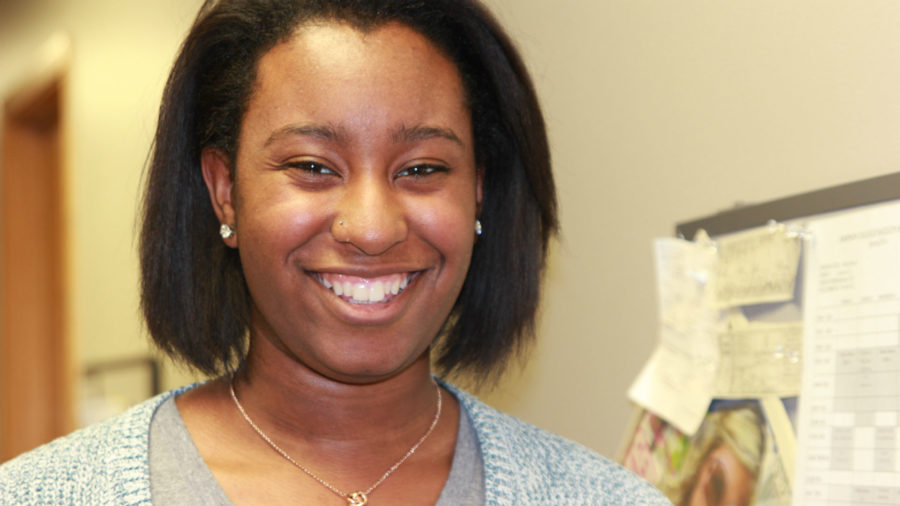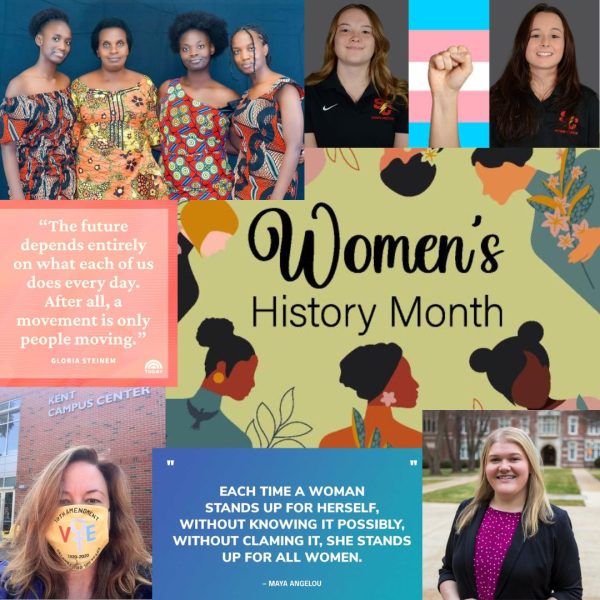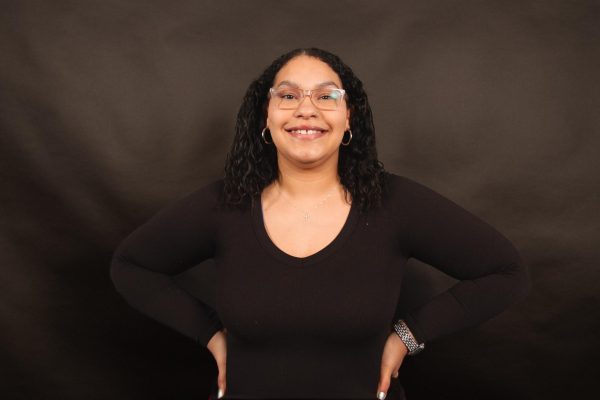Editorial: Let’s talk about Black History Month
February 12, 2016
Let’s talk.
Let’s talk about why I get asked if I like Kool-Aid so often, the N-word and when you can use it (hint: it’s never); how great it is that we are different; about telling stories.
Let’s talk about Black History Month and why you should consider giving a rip.
Black History Month was the idea of historian Carter G. Woodson in 1915.
He wanted to acknowledge the accomplishments and contributions of African-Americans that were so often neglected. Black history is not taught in schools other to mention Martin Luther King Jr. and, in my high school, how good slaves had it.
And it should come as no surprise that Black History Month is often treated with the same ignorance as its people.
I see Black History Month to be a time to share our stories – time to make an attempt to put together pieces of past and present to create understanding and empathy for one another.
There are so many important issues that need to stop being silenced.
Last year was a year of bringing racial tensions to the forefront.
Issues that have been apparent in black communities for generations are just now being acknowledged by many Americans. Few would disagree that it would be best to talk about these issues before so many lives are lost and ruined.
February should be the month of educating stereotypes. Let’s open the conversation and learn from one another. It’s a conversation that is begging to be had.
Most of the year we are concerned with being politically correct.
We are taught to not ask questions. We are taught to be Colorblind. Forget these ideas, really. If you have a question, ask. How else are you supposed to better understand someone that is different than you if you don’t have the courage to even ask?
Colorblindness leads to ignoring the differences that make us unique and beautiful. We need to learn to accept differences, hear their struggles and be empathetic. While you will never live that experience, we at least owe an attempt at understanding one another.
There are many microaggressions and stereotypes that people enjoy perpetuating, so I’ll go ahead and answer all of them for you.
No, you can’t touch my hair. Yes, that’s my real hair. NO, I don’t like watermelon. Yes, I’m angry. Yes, I’m black. No, I’m not an angry, black girl. No, I don’t like the N-word. Yes, saying it while rapping is the same thing. I hate Kool-Aid (it’s sugar water). I love fried chicken. My extended family makes fun of me because I speak proper English.
Microaggressions inherently are used to slowly and continuously remind you that you’re different, and more importantly, that you are as perceived less than. You wouldn’t ask anyone else to invade his or her space that way. You don’t ask other people where their walking taco is. And the reclamation of the N-word was never meant for you to use since it is you whom we are reclaiming it from.
Learn where these stereotypes came from and consider why using them might be offensive. These realities are just a small part of my experience. It is my responsibility to not let these experiences define me. It’s also the majority’s responsibility to listen.
And while there are people in the world, like Stacey Dash, who advocate doing away with BET, Black History Month and other exclusive institutions would promote equality, that idea misses a crucial point. It is important to recognize that there are few other outlets for people of the same experiences.
While the concept of minorities is obvious in theory, can you imagine living in a world that is not created for you?
Imagine the feeling of being in a foreign country. Few look like you. Few understand your customs and sadly, many choose not to care. But imagine that feeling all the time in your own country. The feeling of exclusion constantly, which is why exclusive institutions are so important. Because unfortunately, your experience is still defined by the color of your skin.
Black History Month originated to bring black narratives into the forefront. And the month should still serve that purpose today.
We should use the opportunity to learn and engage with one another. While there are so many societal issues that need to be addressed, you can have a profound effect on your community by listening to a perspective other than your own.
















